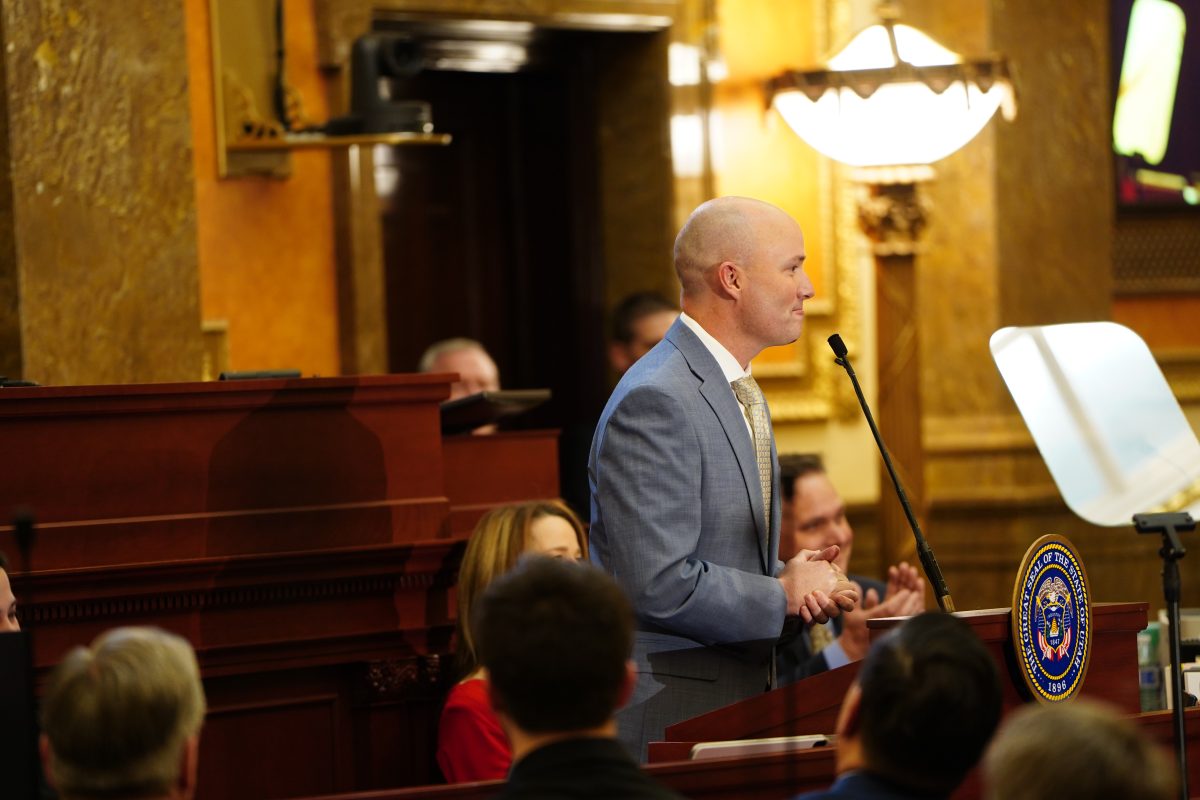
Children are often taught a simple rhyme to help them deal with bullying at school.
“Sticks and stones may break my bones, but words will never hurt me.”
Despite the reassurance of the rhyme, science has shown that words do, in fact, hurt — and can have lasting effects well beyond childhood.
The latest research on childhood bullying comes from educational psychologist Dorothy Espelage, recognized expert on subjects including bullying, homophobic teasing and sexual harassment.
Jun Sung Hong, a professor from Wayne State University, and Sarah Mebane, of Marine Corps Community Services, co-authored the study alongside Espelage.
The research was conducted while Espelage worked at the University of Illinois, though Espelage is now a professor of psychology at the University of Florida.
In total, 480 college students were surveyed about previous traumatic experiences in their lives, from birth to age 17, including bullying, cyberbullying, sexual assault and violence in both the home and the community. The students were then asked to detail their current psychological state, including any experience with depression, anxiety or PTSD.
The results showed that students who reported experiencing bullying had reported higher levels of mental health problems than those in the study who did not experience bullying as children.
The data also showed that bullying during childhood was the best predictor of PTSD later in life.
Also, the results showed that females struggled more with the emotional effects of bullying and, as a whole, had experienced more depression, anxiety and PTSD.
“Bullying victimization significantly predicted students’ current levels of depression and anxiety — over and above other childhood victimization experiences,” Espelage said. “The prevalence of psychological distress in children who have been bullied is well-documented, and this research suggests that college students’ psychological distress may be connected in part to their perceptions of past childhood bullying victimization experiences.”
Espelage stressed the importance campuses being aware of the effects that trauma can have on the mental health of college students and suggests that on-campus clinics should train practitioners on the current research surrounding childhood bullying.
“Practitioners, in collaboration with school officials, need to make all efforts to develop and implement programs that increase traumatized students’ sense of empowerment and control as they navigate through college,” Espelage said. “This would be possible in a campus climate that fosters supportive ties among students and between students and the campus community.”
As for coping skills, the study said that connecting students with support networks can be an effective way to help them deal with trauma.
Espelage’s research was published online in “Social Psychology of Education.”
Information compiled from Science Daily




